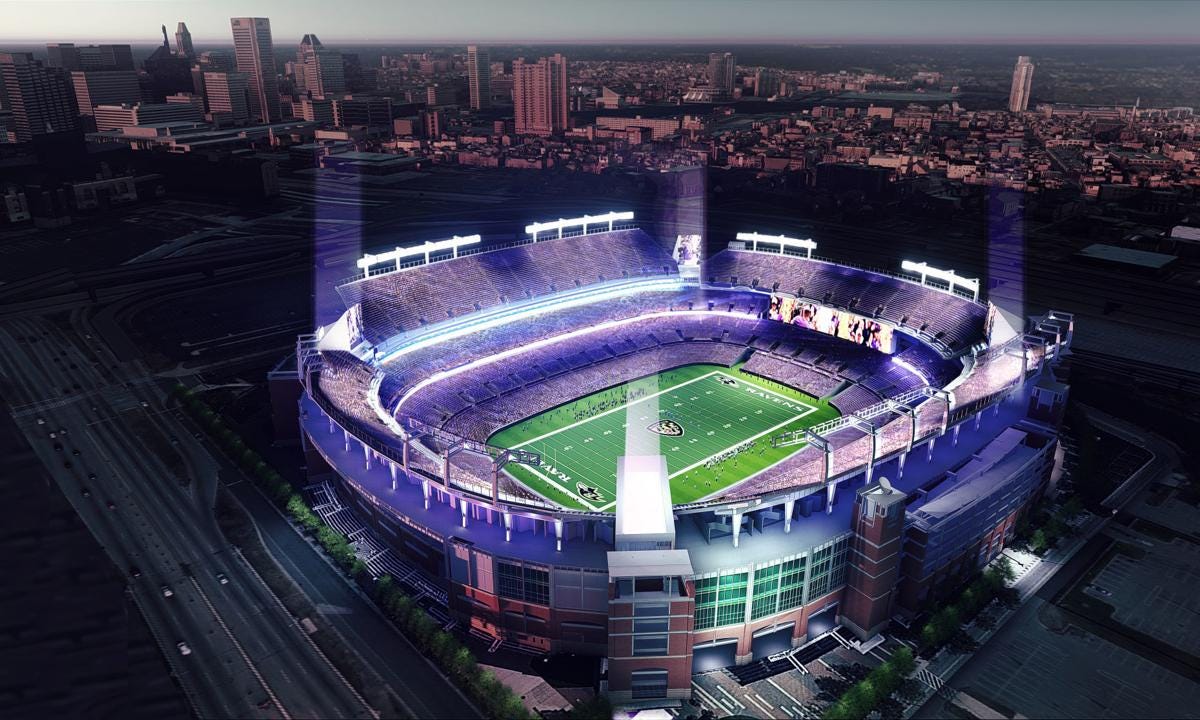Private Property Rights - The Foundation Of Prosperity And Freedom
Safeguarding Liberties - The Autonomy To Use And Dispose Of Your Resources
The market is an essentially decentralised mechanism for carrying out almost all transactions in a modern society. - Friedrich Hayek
Drones Need Private Airspace Permission
A federal criminal complaint has been lodged against Matthew Hebert, 44, of Pennsylvania, for allegedly flying a drone over M&T Bank Stadium during the National Football League’s AFC Championship game in Baltimore on January 28, 2024.
The Federal Aviation Administration (FAA) had imposed a temporary flight restriction for M&T Bank Stadium on the day of the AFC Championship game, prohibiting the flight of any unmanned aircraft systems (UAS) within a three-nautical mile radius of the stadium.
What is critical is that the stadium that owns the airspace directly above the land did not want unauthorised drones in their airspace. This allowed the FAAs to put in place flight restrictions in the stadiums airspace without the need to designate it as an airport. The airspace the stadium owns is up to ~500 feet. This shows the value of controlling and permitting access to private airspace.
In this case, it is a large stadium and a high-profile event, but individual homeowners who want to permit or restrict drones in their airspace, and drone operators who want to be legally compliant in that private airspace need a solution to scale their delivery operations.
The charges were brought by the United States Attorney for the District of Maryland and the FBI. The United States Attorney emphasized the security risks associated with illegally operating drones. The FBI highlighted the importance of responsible drone usage and the potential dangers of violating laws, which include trespass laws.
Matthew Hebert admitted to operating the drone without proper registration or certification. If criminally convicted he faces a maximum sentence of three years in federal prison for operating an unregistered unmanned aerial vehicle (UAV) and for serving as an airman without certification. While Mr Hebert’s case is in Maryland, depending on the state and local laws, trespass can have penalties of up to 3 years in prison and $100,000 in fines. Being on the right side of private property laws is essential for those who need airspace to transit through.




